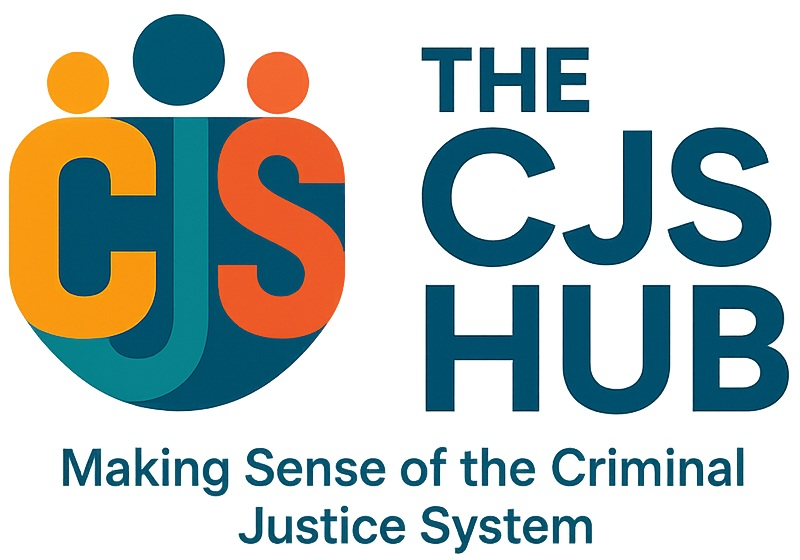Being acquitted or receiving a No Further Action (NFA) decision should feel like the end of the nightmare — the moment when everything returns to normal. But for many, that’s not how it feels. Instead of instant relief, there can be exhaustion, anxiety, anger, and a deep sense of loss for the time, trust, and relationships damaged along the way.
This stage is rarely talked about, yet it’s one of the hardest to navigate. The legal process ends, but the emotional fallout often doesn’t. Understanding what’s normal, and where to find support, can make a huge difference.
Why Relief Isn’t Always Immediate
Spending months — sometimes years — under investigation or facing trial takes a toll on your mental health. By the time you’re cleared, your body and mind are often burned out. You’ve likely been living in survival mode, constantly bracing for the worst. When the case finally ends, it’s common to feel numb rather than overjoyed.
That’s because while the system has moved on, you’re still processing the damage — sleepless nights, reputational harm, strained relationships, and the disruption to work, finances, and family life. None of that disappears overnight, and it’s okay to feel frustrated that “getting cleared” doesn’t magically fix everything.
Common Feelings After Acquittal or NFA
Everyone reacts differently, but there are some emotional themes we hear time and again:
- Exhaustion and burnout — months of adrenaline finally catch up with you
- Anxiety about the future — worrying if people still believe the allegation
- Anger and resentment — at the police, the accuser, or the system itself
- Isolation — friends or family may have stepped back during the process
- Loss of identity — especially if your job, hobbies, or relationships were affected
These reactions are natural. They don’t mean you’re “not coping” — they’re part of adjusting to life after prolonged stress and uncertainty.
Rebuilding Your Confidence
When your name has been tied to an allegation, even unfairly, it can affect how you see yourself. Rebuilding confidence takes time, and small steps are important. Some people start by reconnecting with trusted friends and family; others find value in speaking with peer support groups, charities, or counsellors who understand the emotional impact of being accused.
If your case was highly public or affected your job, you may also need practical help managing stigma. Learning how to disclose what happened — and when to stay silent — can make a huge difference to how you move forward.
Looking After Your Mental Health
The end of the case isn’t the end of the journey. Some people experience symptoms of anxiety, depression, or even PTSD after their legal process ends. If you notice flashbacks, panic attacks, or prolonged low mood, you’re not alone — and you don’t have to handle it without help.
You can:
- Ask your GP for a referral to talking therapies or counselling
- Access local NHS mental health teams
- Reach out to organisations like Mind, Samaritans, or the CJS Hub’s Wellbeing Hub for support
- Consider peer support spaces where you can talk to others who’ve been through the same thing
Asking for help isn’t weakness — it’s part of taking control of your recovery.
For Families and Supporters
The emotional aftermath affects loved ones too. Parents, partners, and friends often carry their own stress, guilt, and anger after standing by someone accused of a crime. Communication matters here: being open about what you’re struggling with, while respecting each other’s coping styles, helps avoid misunderstandings that can deepen divides.
Supporters may also need their own spaces to talk — whether that’s peer groups, counselling, or connecting with others who’ve walked the same path.
Final Thoughts
An acquittal or NFA may close the legal chapter, but it doesn’t close the emotional one overnight. You’ve been through something extraordinary, and healing takes time. Surrounding yourself with the right people, seeking out support when you need it, and accepting that recovery is a process — not a switch — can help you start rebuilding.
The CJS Hub is here to offer guidance, resources, and understanding — for you and for those around you.
